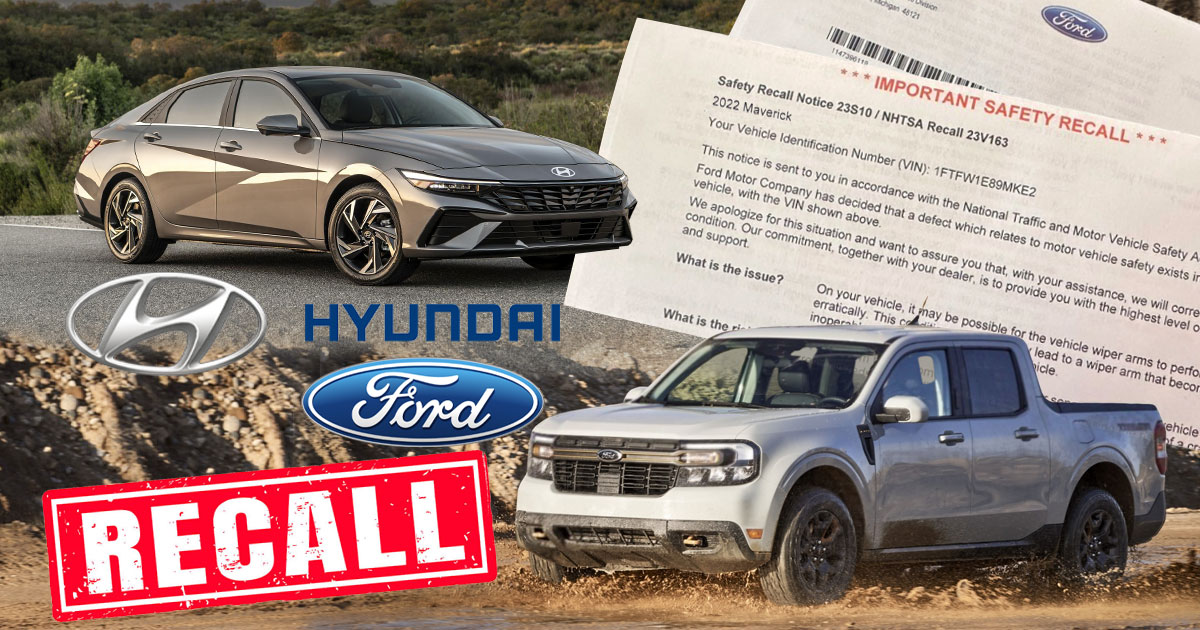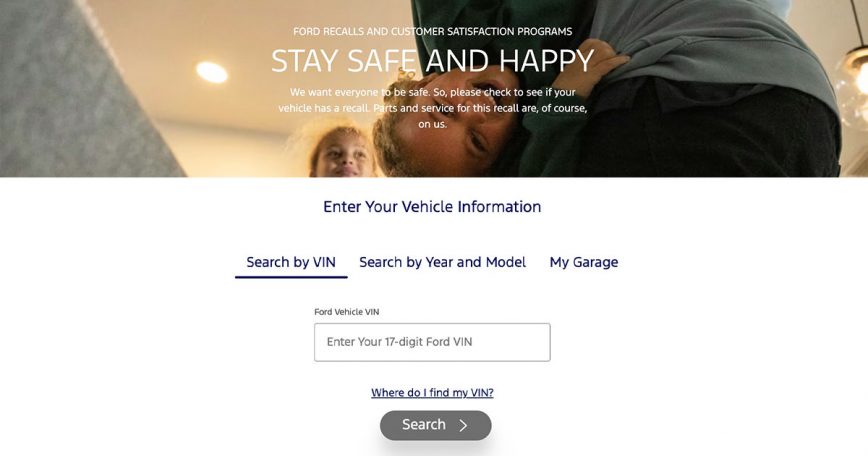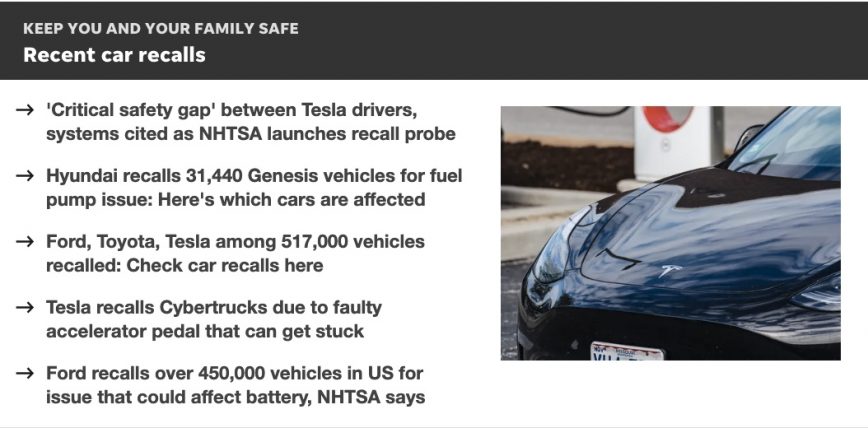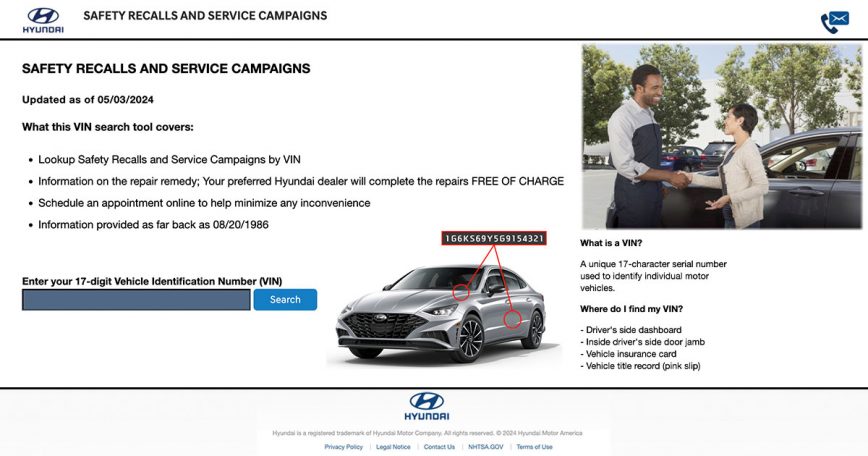New Recall, Hyundai Ford Among 257K Vehicles, Check Here:

NHTSA Issues Vehicle Recalls for Ford and Hyundai Models, Addressing Safety Concerns
The National Highway Traffic Safety Administration (NHTSA) has recently issued multiple vehicle recalls, highlighting safety concerns affecting various models from Ford and Hyundai. Alongside the recall for over 240,000 Ford Maverick pickups due to malfunctioning tail lights, Hyundai has initiated a recall affecting 13,511 of its 2024 Elantra, Kona, and Venue vehicles for a loss of drive power issue. Here’s an in-depth look at the recalls published by NHTSA from April 29 to May 4, detailing the identified safety defects and remedial measures for vehicle owners.

Ford Maverick Pickup Recall:
Ford Motor Company has issued a recall affecting more than 240,000 Maverick pickups due to concerns over tail lights failing to illuminate properly. This safety hazard poses a risk of reduced visibility for the vehicle, potentially leading to accidents, especially in low-light conditions. Owners of affected Maverick pickups are urged to contact their local Ford dealership for inspection and necessary repairs, ensuring compliance with safety standards and regulations. Dealers will update the BCM software in affected Ford vehicles free of charge, with notification letters expected to be sent on May 20.

Hyundai Elantra, Kona, and Venue Recall:
Hyundai has announced a recall affecting 13,511 of its 2024 Elantra, Kona, and Venue vehicles due to a loss of drive power issue. The motor company identified an electrical short circuit in the Exhaust Gas Recirculation (EGR) valve assembly, leading to a loss of drive power in the affected vehicles. This safety concern increases the risk of accidents, necessitating immediate action from vehicle owners to address the issue. Hyundai dealers will replace the EGR valve assembly free of charge, with recall notification letters expected to be mailed out on June 28.

Ford Transit Connect Recall:
In addition to the Maverick pickup recall, Ford is recalling 1,315 of its 2017-2019 Transit Connect vehicles. The recall addresses concerns regarding the bond between the panoramic roof and the vehicle body, which may not be secure, leading to the detachment of the roof panel while driving. This poses a road hazard and increases the risk of accidents. ffected Transit Connect owners should reach out to Ford customer service for inspections and repairs to maintain vehicle safety and compliance.
Genesis Recall:
Hyundai has issued a recall for certain 2022-2023 Genesis GV70, GV80, G80, and G90 vehicles due to potential fuel pump failure, leading to a loss of drive power. With 31,440 vehicles affected by this safety concern, Hyundai is taking proactive measures to address the issue. Dealers will conduct thorough inspections and replace the fuel pump assembly at no cost to the vehicle owners.
Notification letters are scheduled to be sent out on June 18, 2024, providing affected owners with necessary information and instructions for remedial action. For further assistance and inquiries, owners can reach out to Hyundai customer service at 1-855-371-9460, referencing recall number 022G. This recall expands on the previous recall number 23V-630, demonstrating Hyundai’s commitment to ensuring the safety and reliability of its vehicles for all customers.
Conclusion:
The recent vehicle recalls published by NHTSA underscore the importance of addressing safety defects promptly to ensure the safety of vehicle occupants and other road users. Vehicle manufacturers and regulatory agencies play a crucial role in identifying and resolving safety concerns, with recalls serving as a vital mechanism for maintaining road safety standards. Vehicle owners should stay informed about recalls affecting their vehicles and take immediate action to address any identified safety issues, prioritizing their safety and the safety of others on the road.

